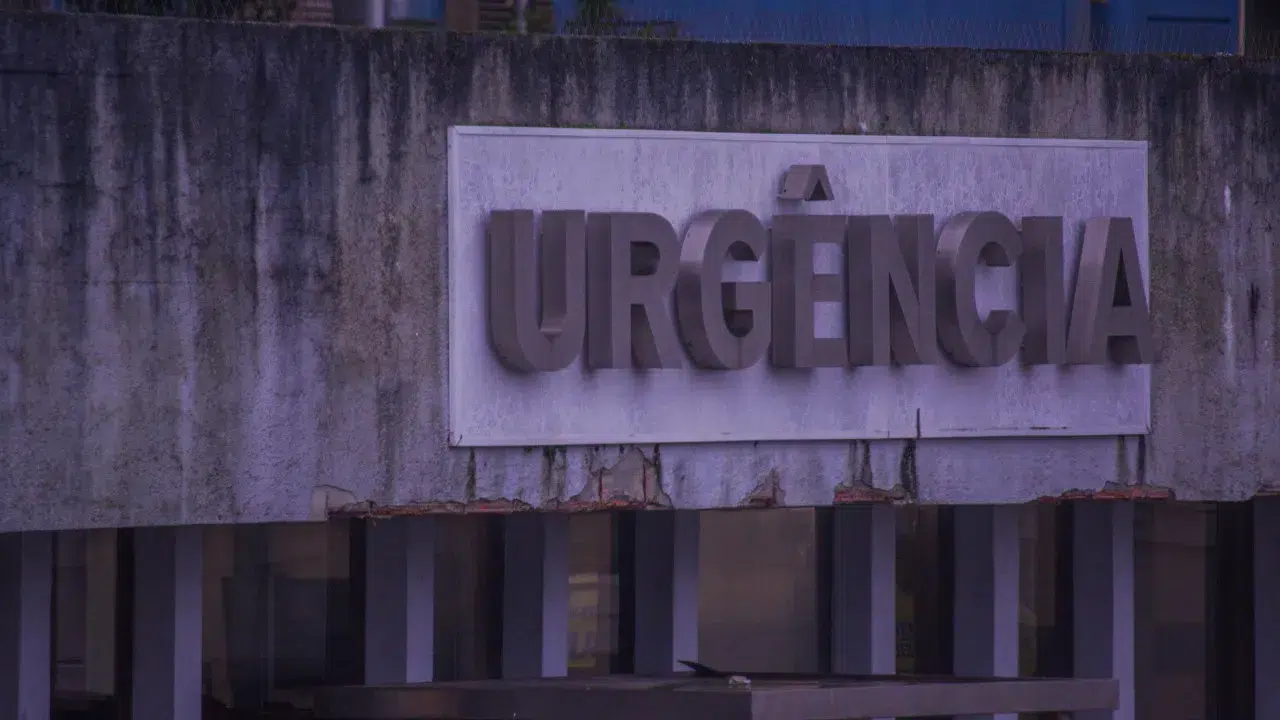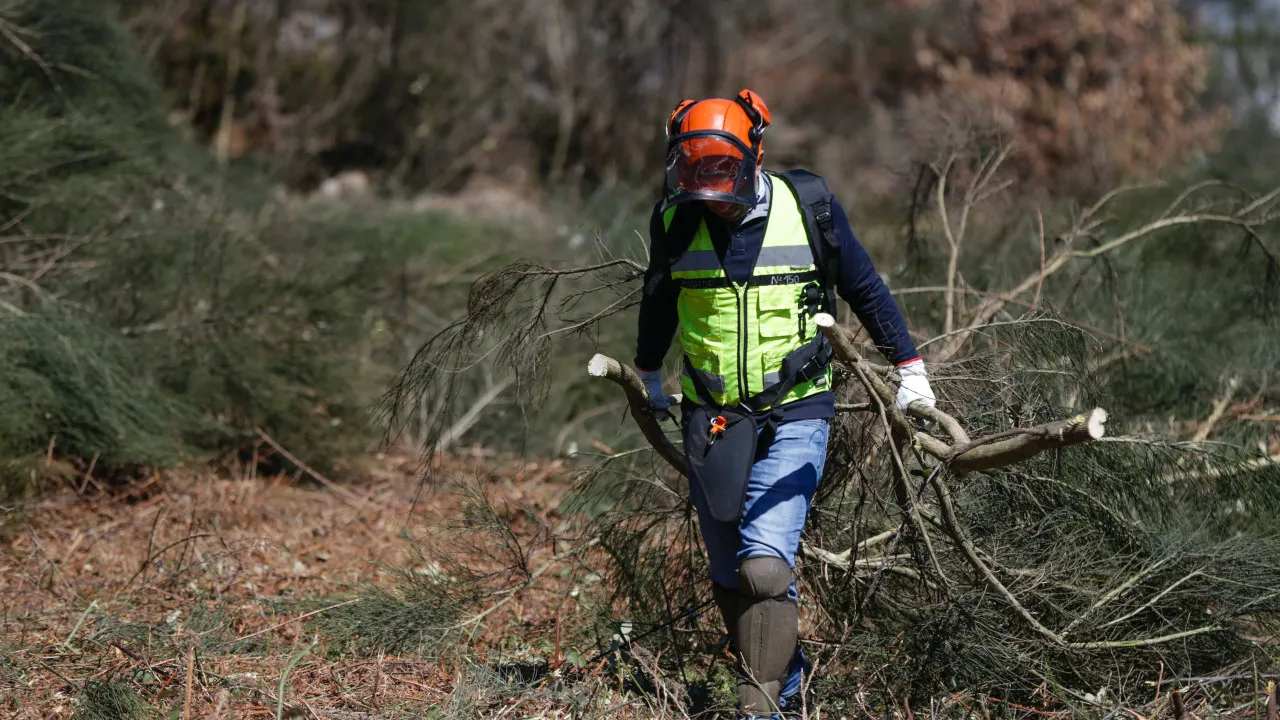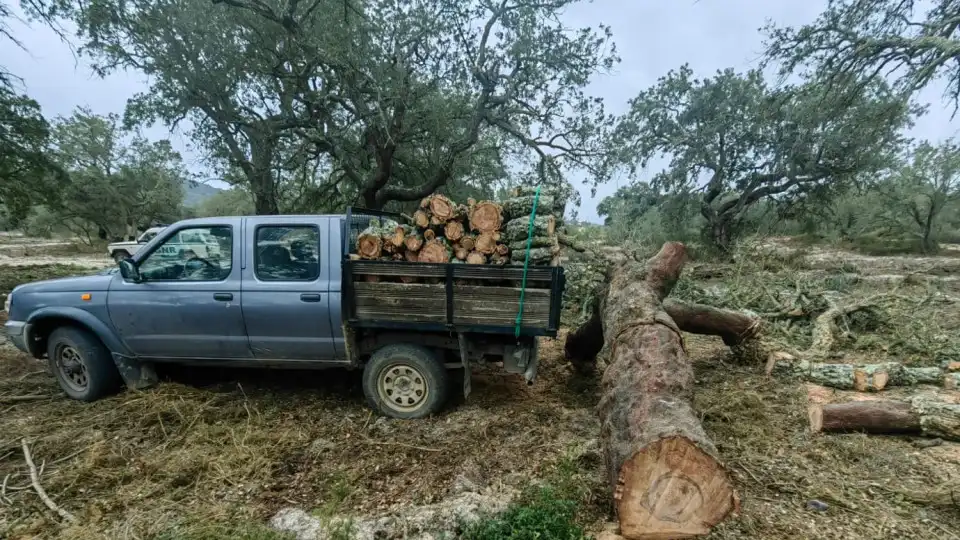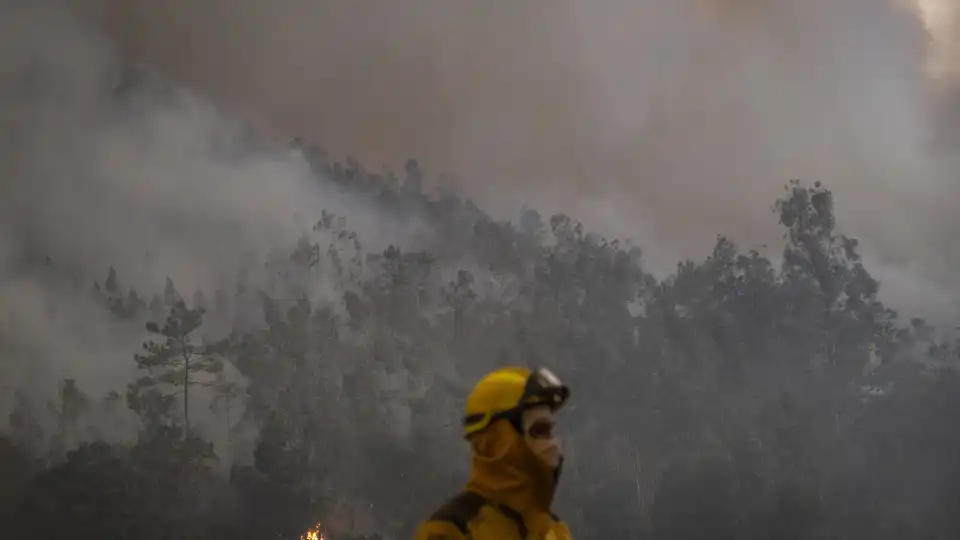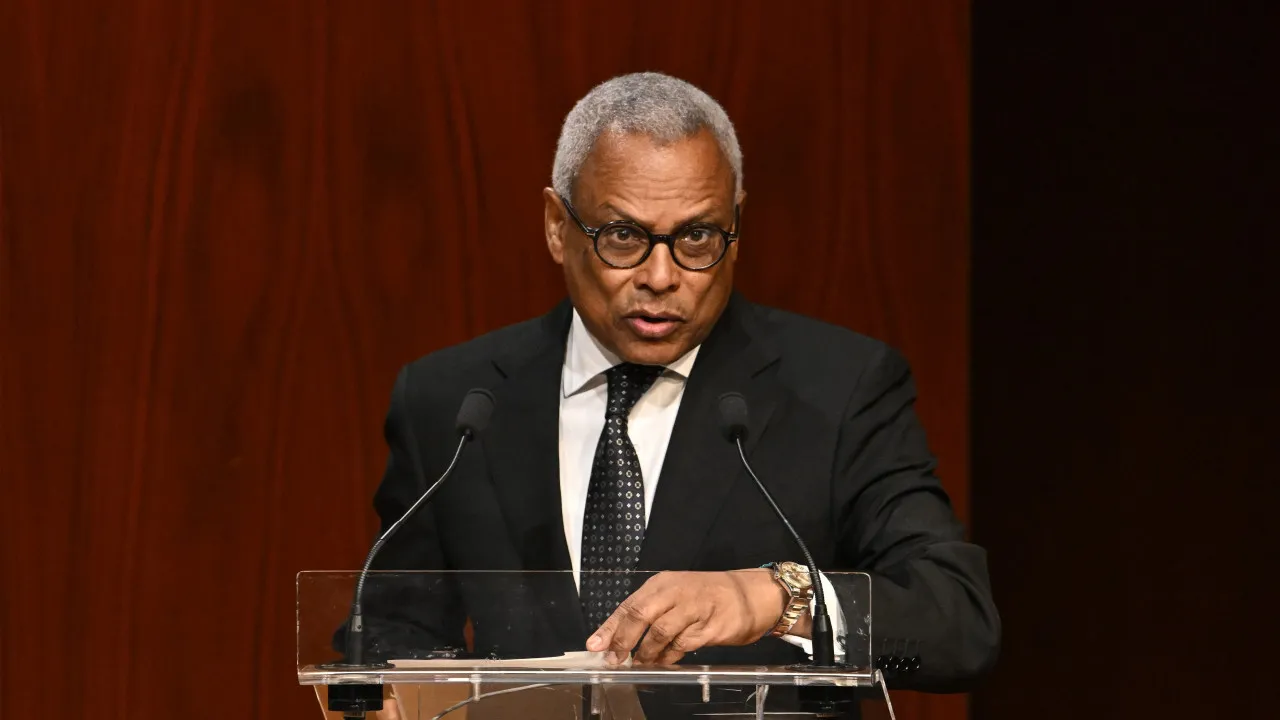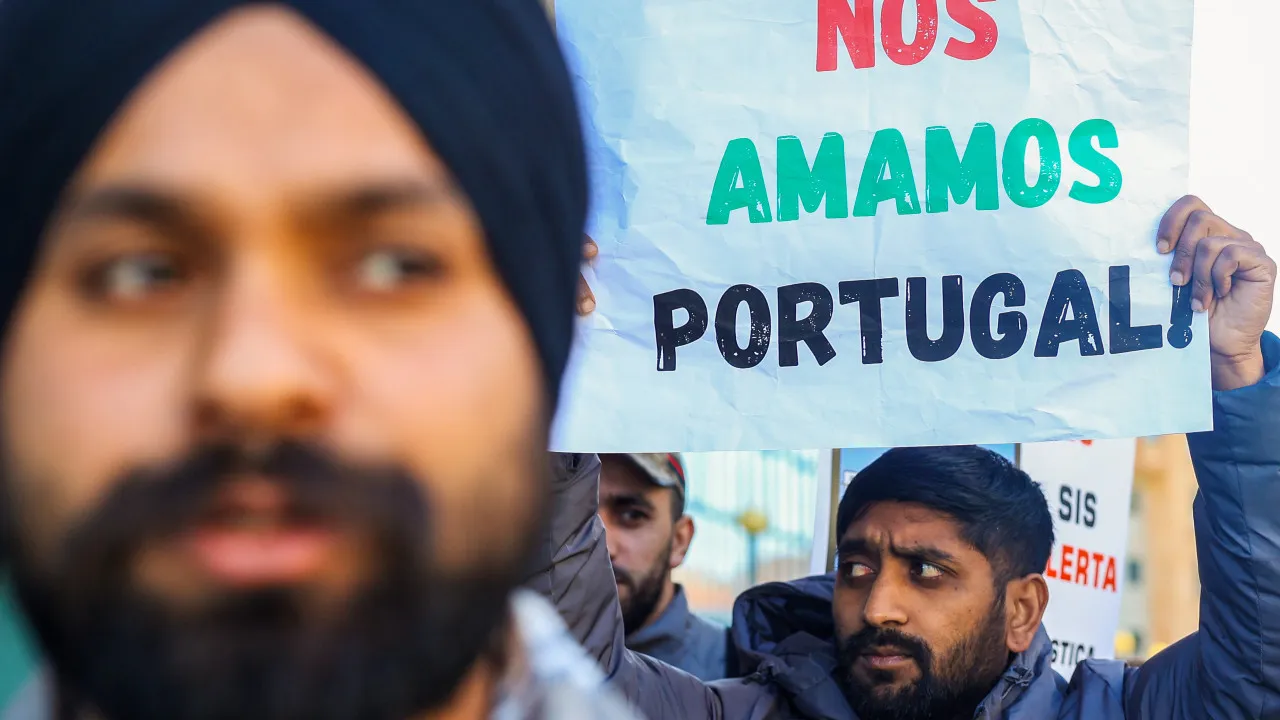The Portuguese Pact for Plastics (PPP), which fights against the problems associated with plastic pollution, has recorded a 36% increase in recycled plastic in new packaging, but points out that there is still much to do.
The data is part of the initiative’s 3rd progress report, which was released today and measures the performance of PPP members in relation to 2022, and the progress they have made on five targets for 2025.
Since 2020, the PPP has brought together companies, associations, non-governmental organizations, universities and the government, in an initiative led by the “Smart Waste Portugal” Association, which is part of the international “Plastics Pact Network” initiative.
Currently bringing together 116 entities, the PPP, says the association in a statement, “aims to boost the transition to a circular economy, in which plastic is considered a valuable resource within the economy and never a threat to the environment”.
According to the report, there has been positive progress on target 1, to “eliminate single-use plastics considered problematic and/or unnecessary”, but target 2 has not progressed.
The aim is to reach 100% reusable, recyclable or compostable plastic packaging by 2025, but the figure has stabilized at 57% recyclable packaging, and the 6% of reusable packaging is below the 2021 figure.
In target 3, to ensure that 70% or more of plastic packaging is effectively recycled, by increasing collection and recycling, the figure is 38% and relates to 2021. The association considers it “crucial” to increase awareness and the habit of separating materials.
In order to reach 70%, “each person in Portugal needs to recycle at least 28 kilos of plastic packaging a year, and we’re still at around 16 kilos,” said Patricia Carvalho, PPP coordinator, quoted in the statement.
As for target 4, to guarantee 30% incorporation of recycled plastic in new packaging, 15% was incorporated in 2022, an increase of 36% compared to 2021.
“It’s quite positive,” says Patrícia Carvalho, although there are several challenges in different areas for the remaining targets.
As for consumer awareness and education, target 5, those responsible say that it has been a priority and will continue to be so.
The “Smart Waste Portugal” association was created in 2015 and its mission is to “boost the circular economy in the various value chains, through education, innovation, collaboration and the creation of new businesses”.


